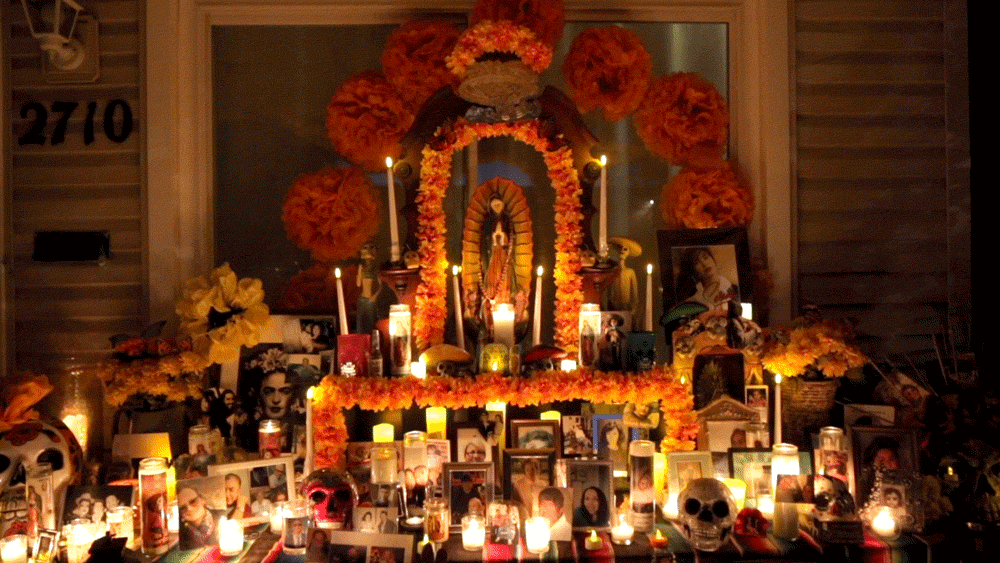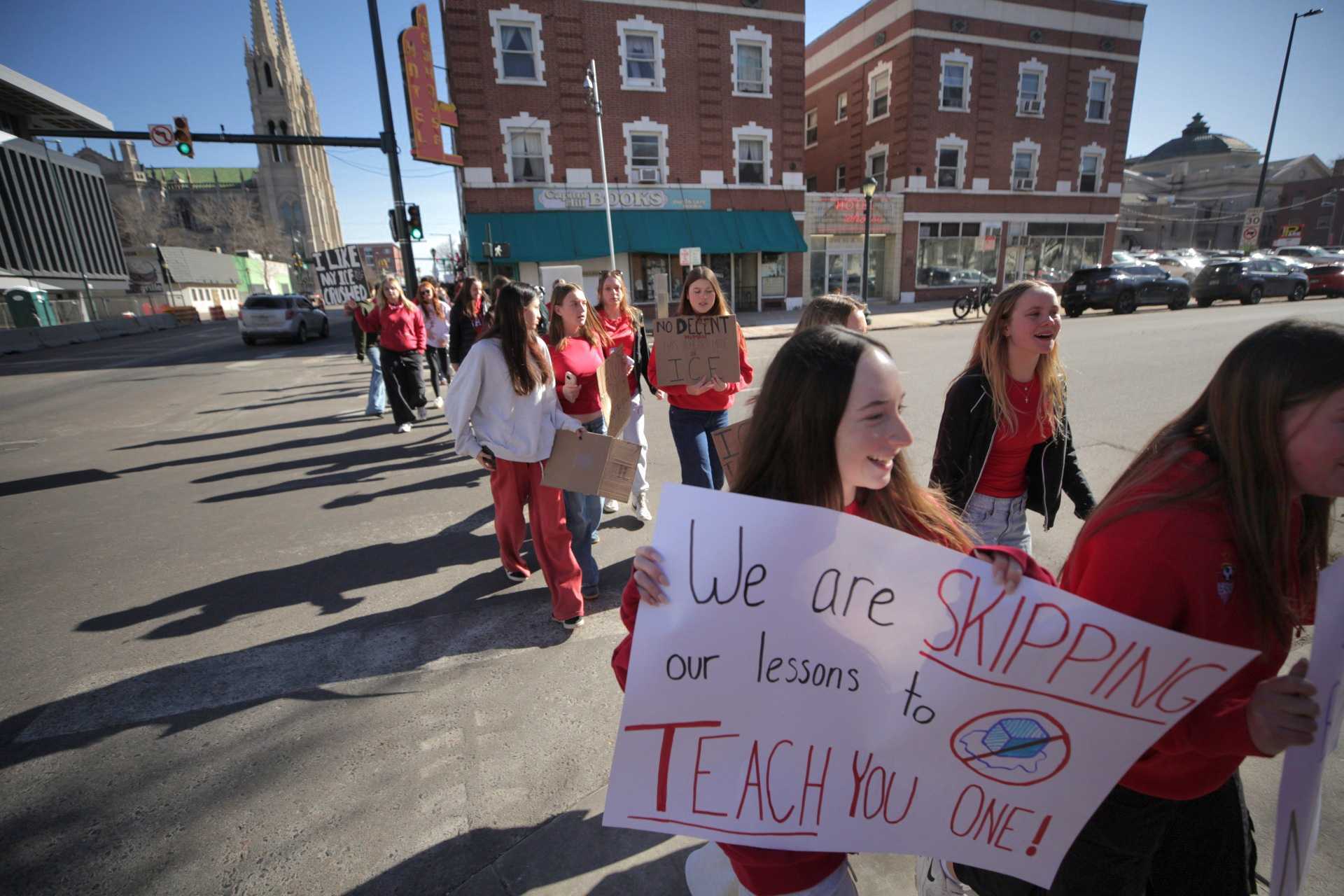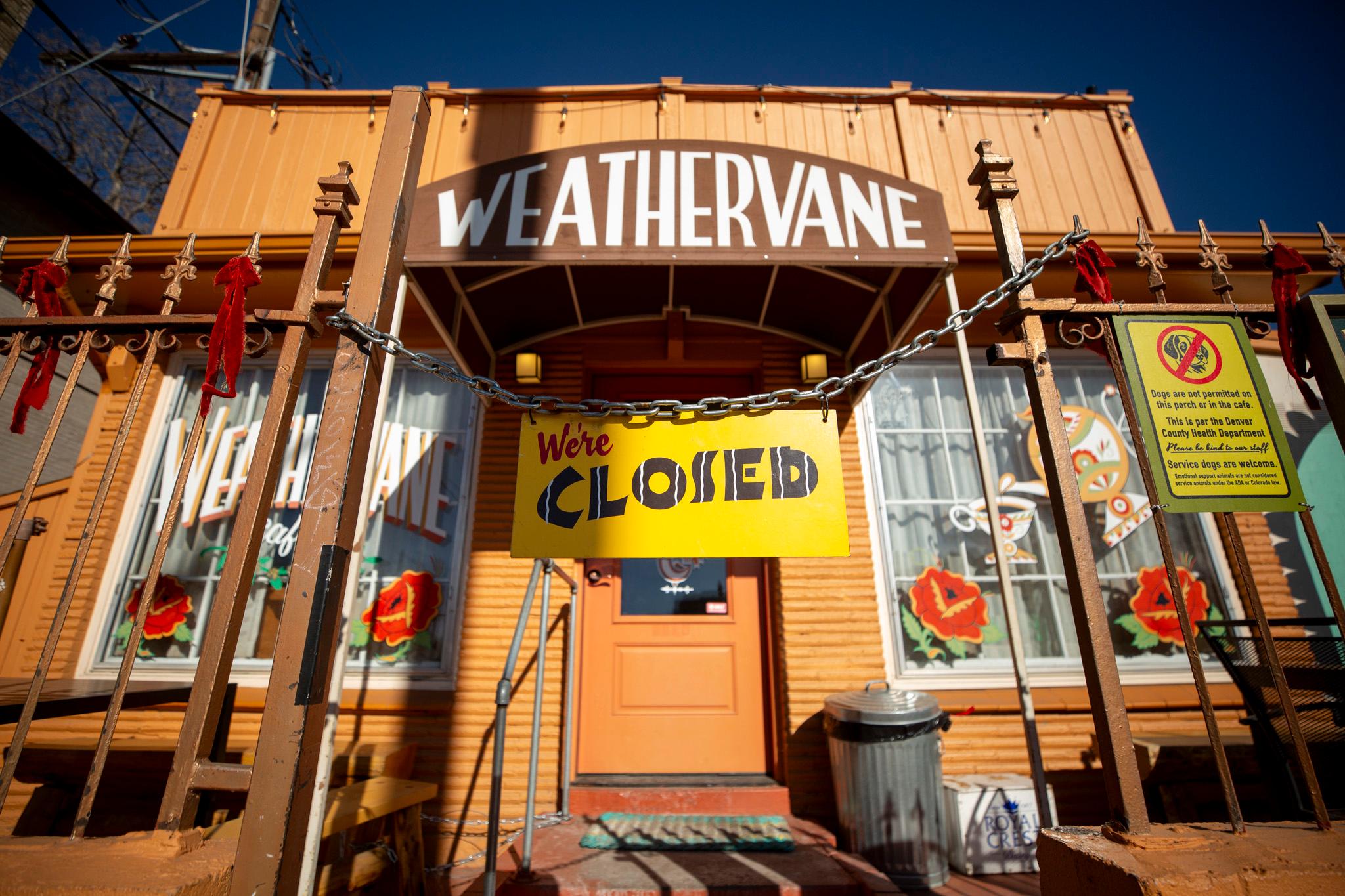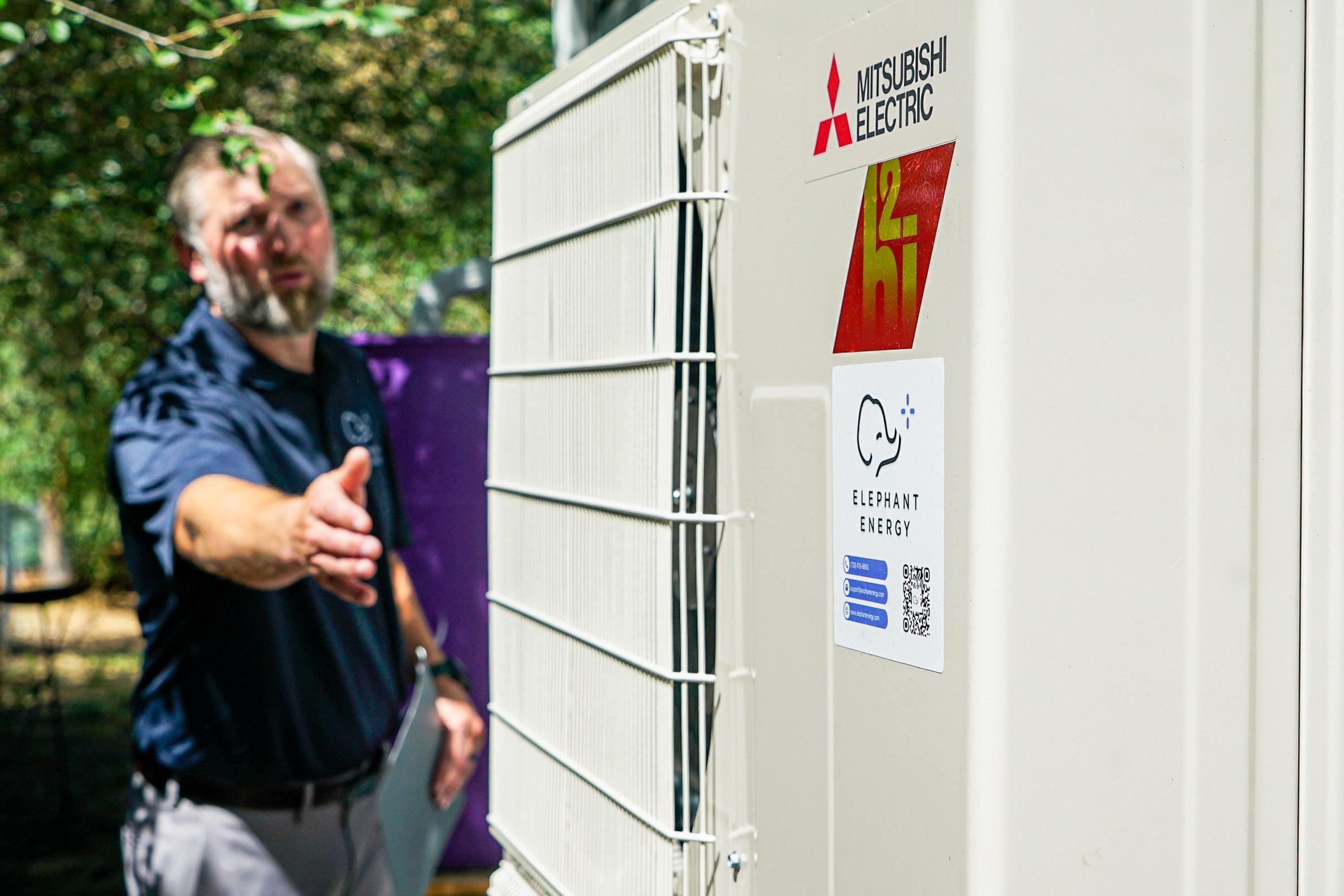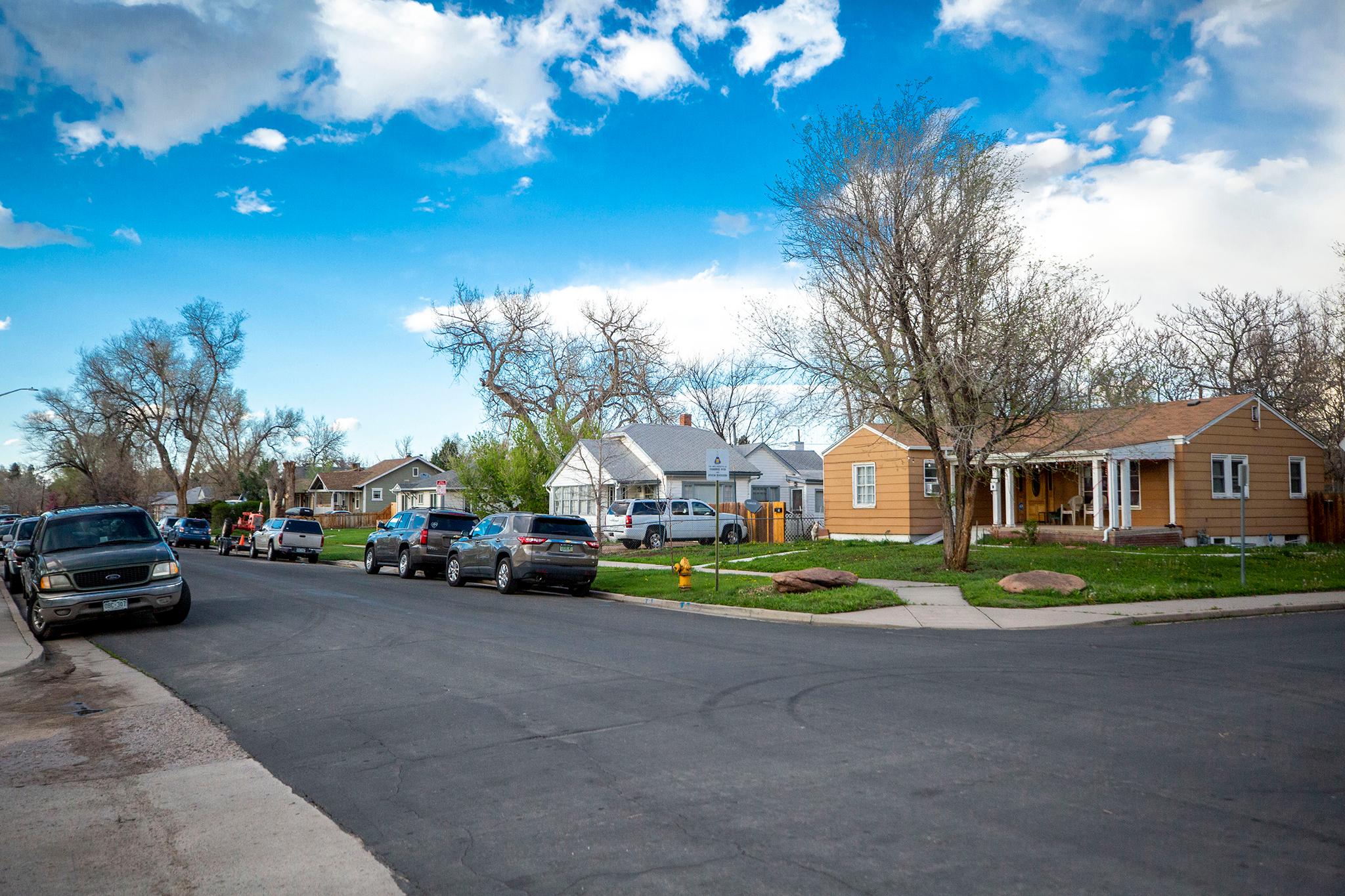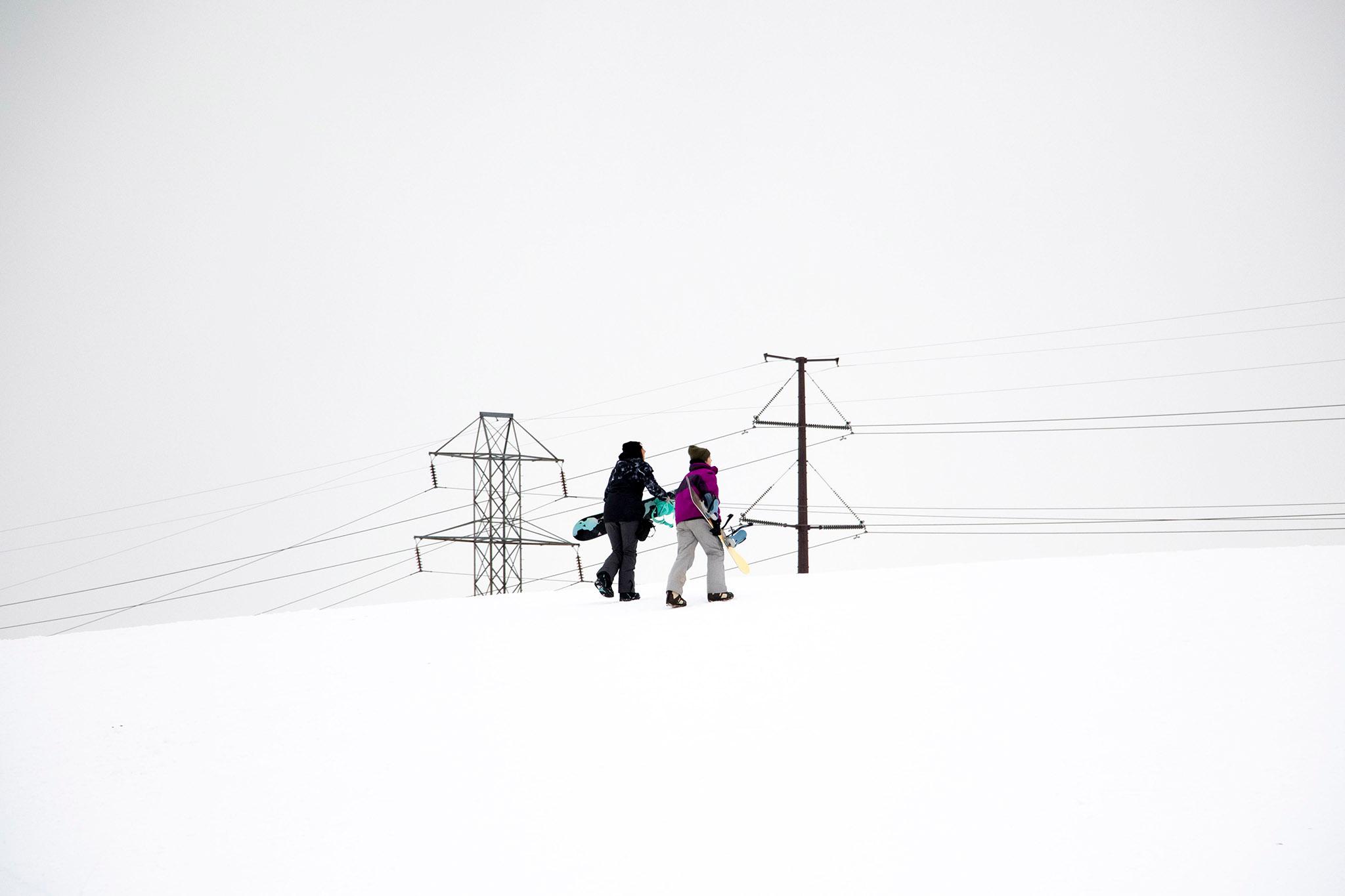Paul Stephens was pulling out bushes in his front yard when he had what he called "a complete meltdown."
The work was frustrating. He just kept wishing his father, Bill, was there to help. His dad died in 2014, and Stephens began to realize how much he was still grieving.
So Stephens decided to create an ofrenda, a Dia de los Muertos altar that surrounds photos of lost loved ones with candles and offerings. Stephens, who identifies as Chicano, said he used to feel embarrassed about his Mexican heritage when he was growing up. But he's come to embrace that side of his life, and he said that building the ofrenda could be a way to heal. It's the first ofrenda he's ever made.
A simple way to honor his father grew into something larger than he imagined, connecting him to family he hardly knew and helping him heal from a rocky relationship that ended too soon.
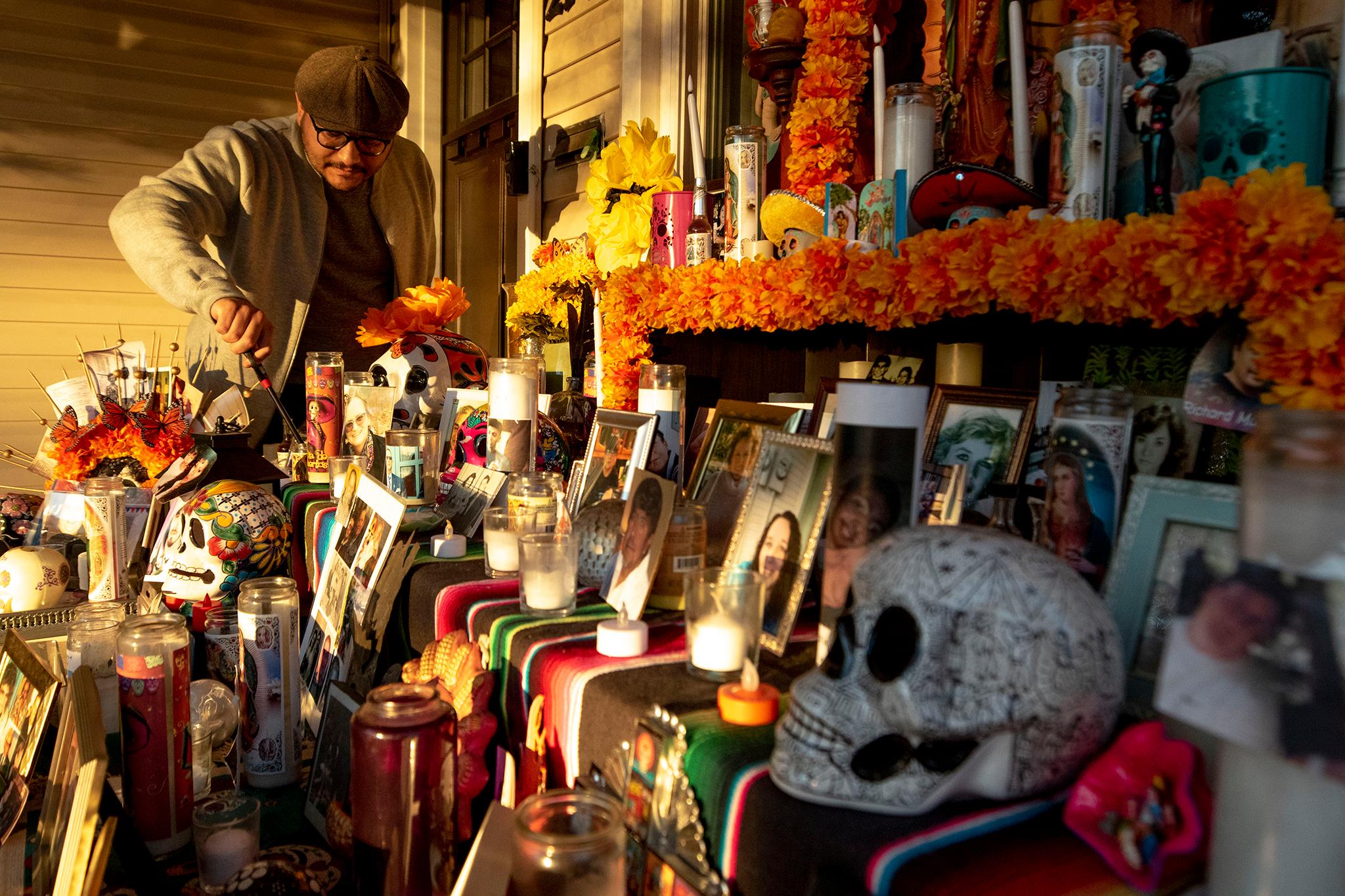
The private ofrenda became a community altar.
Dia de los Muertos is a holiday combining Mesoamerican traditions and Spanish Roman Catholic practices, according to Metropolitan State University of Denver Chicano/a studies lecturer Jose Quintana. In Pre-Columbian America, these celebrations took place over longer periods, lasting around 20 days.
"The belief was that the ancestors would come back during this time period so you had to feed them, you had to nourish them," Quintana said. "So you would put food out, you would put drinks out, you would put flowers out, you would decorate their tombstones, wherever they were buried."
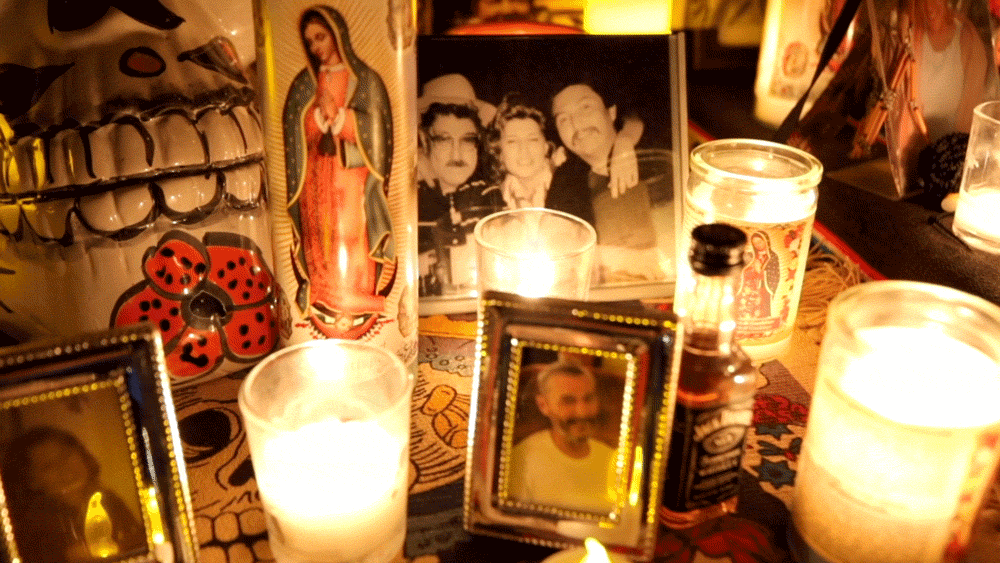
Stephens decided to light his candles for all of October. While families usually construct ofrendas inside the privacy of their homes, Stephens built his on his front porch for his neighbors in Harvey Park to see.
He set up photos of his father, his grandma and his aunt. His partner, Christopher Jorgenson, added images of his grandmothers and two friends he'd lost to suicide in the last two years. Each night, as they lit the candles, they meditated on those they had lost.
"It kind of forces me to remember them and kind of honor them in a way that I think they would be proud," Stephens said.
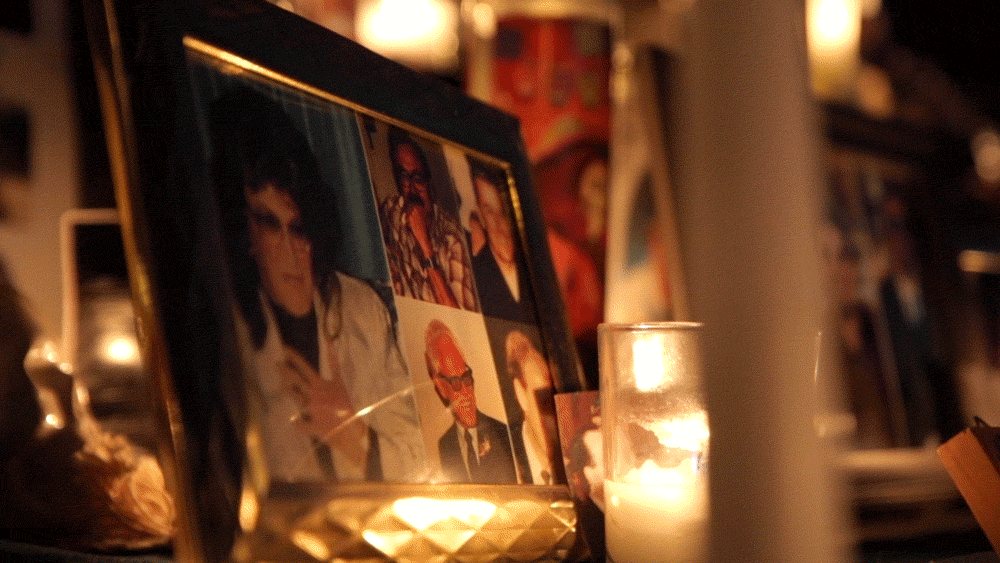
The ofrenda started with a single table, but it became something much larger. Neighbors began to add their own photos to the growing, glowing display. Soon, social media posts about this public altar began to spread. People from as far as Aurora and Thornton began stopping by to add to the display. One table became several as scores of faces and candles were added.
And then, something amazing happened. On Thursday night, while Stephens and Jorgenson were standing outside and gazing at their illuminated display, Reney Hoffschneider parked in front of the house and approached it.
9News had featured Stephens and Jorgenson's porch in a news spot, and Hoffschneider heard a photo of her mother had appeared onscreen. She needed to investigate. When she arrived, she discovered her aunt and her grandparents were also present. Who had added these images of her family?
"My mom gave them to me in an envelope," Stephens said. He had no idea who they were.
But a moment later, Hoffschneider and Stephens realized they were related. Her aunt, Mary Ellen, was his aunt, too. And Hoffschneider knew his mother, Theresa.
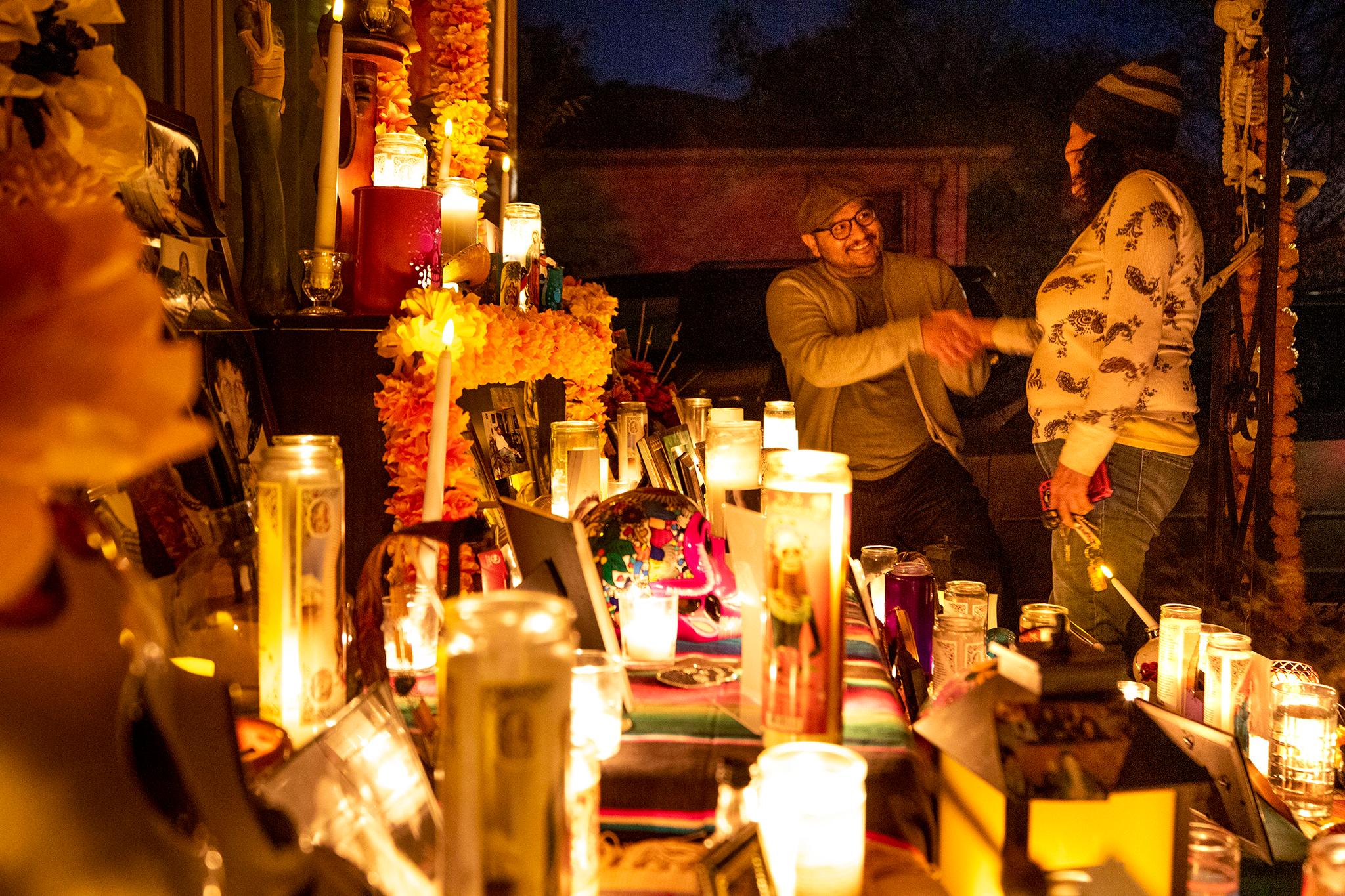
Before long, Hoffschneider was calling her other aunt, Liz Cordova, who arrived soon with her son and daughter. She was delighted to see her parents honored. They also knew Stephens' grandmother Leonarda.
What follows are tributes to the people this newly connected family found themselves celebrating together.
Leonarda "Nina" Cabazos was born in 1942.
While she spent her early years in Texas, Cabazos lived most of her life in Colorado. She raised a son and four daughters in a little house at 31st Avenue and Milwaukee Street in the Elyria Swansea neighborhood. Stephen's mother, Theresa, was one. Aunt Mary Ellen, who later married Cordova's brother, was another.
Cordova remembered Cabazos' wit and charm.
"I always loved her for her giggly, happy ways. And she loved to go out dancing," Cordova said. "She was just a goodhearted person."
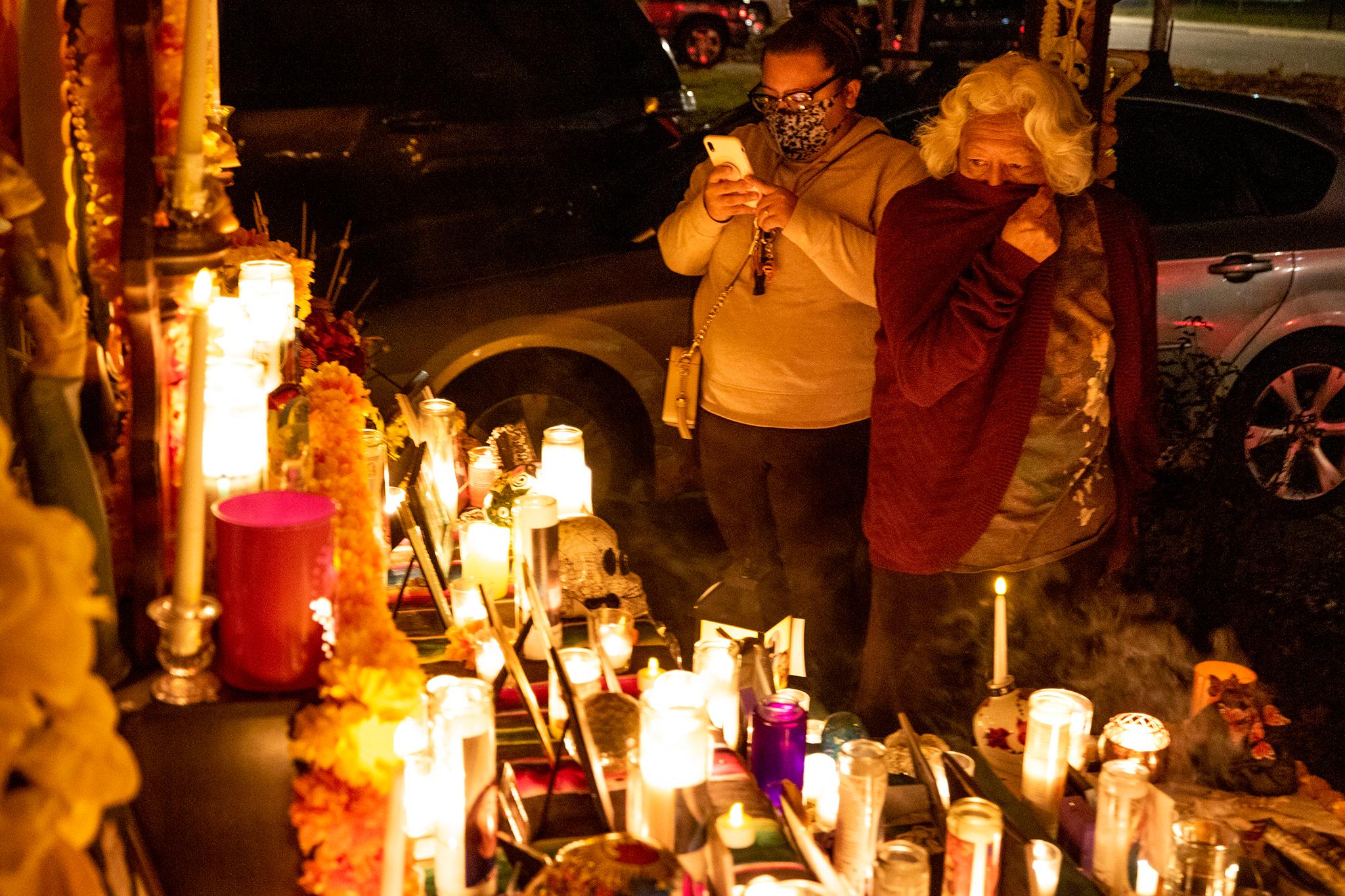
The entire family was "jokey," Stephens said. They were just naturally funny.
But Stephens also remembered his grandmother could be tough. She became a single mother when her children were young.
Stephens said his grandfather was a professional bowler, and he would travel to compete in other cities.
"He left on a trip and came off the plane with my grandma's best friend, Mary Jane," Stephens said. "My grandma fought Mary Jane in the airport."
The scrap in the terminal marked the end of Cabazos' only marriage. After that, Stephens said, she needed to be tough.
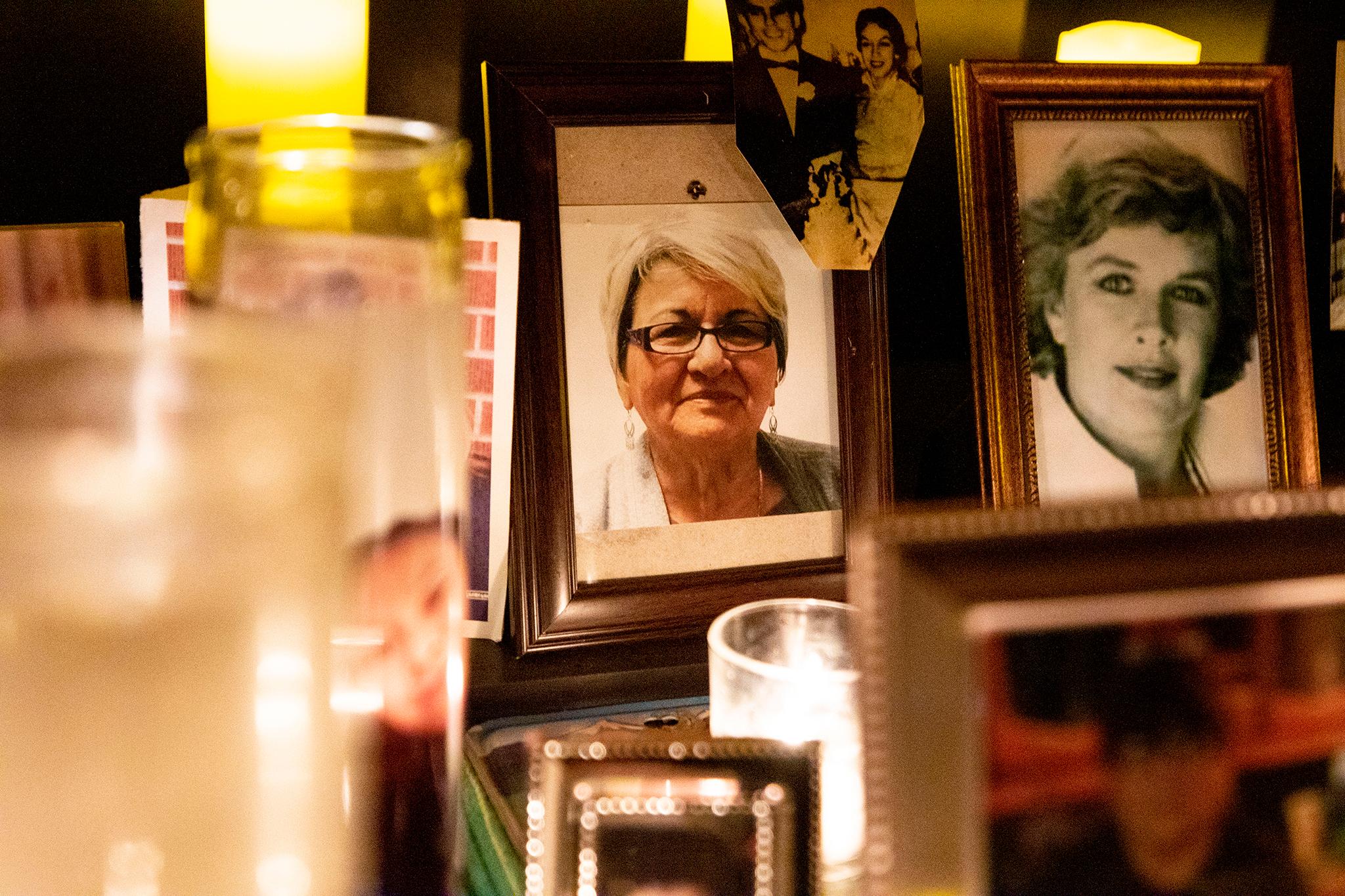
His grandmother worked multiple jobs to support her kids, all while her ex-husband lived a "playboy" lifestyle.
"He was driving around in Cadillacs and Corvettes while my grandma was a single mom on food stamps," Stephens said.
She bartended at the local VFW, where she reveled in the chance to pour drinks and joke with strangers. She also drove a bus for RTD, where her no-nonsense attitude kept riders in line.
Connecting with people kept her going, Stephens said. After she retired, she slipped into dementia.
"My grandma was a strong woman," he said. "She managed to take care of five kids. They all turned out really good."
Katherine Crawford was born in 1932.
Jorgenson remembered his grandmother as someone who always enabled him to be himself.
When he was a kid, he was fascinated by her typewriter. It became an outlet for his ever-working imagination. He was "a huge Star Trek nerd," so he began to write his own stories set in outer space.
"I would just write plays like crazy, and then we would make a ship and label it. I would draw these pictures and we would put it on different parts of her house," Jorgenson said.
Then, he and his grandmother would act out each scene, turning the house into the Starship Enterprise.
Crawford grew up in Bonnie Brae and attended Cathedral High School, whose ornate building now sits empty in north Capitol Hill. Jorgenson remembered lots of stories about hardline nuns "that would nowadays be jailed for the abuse."
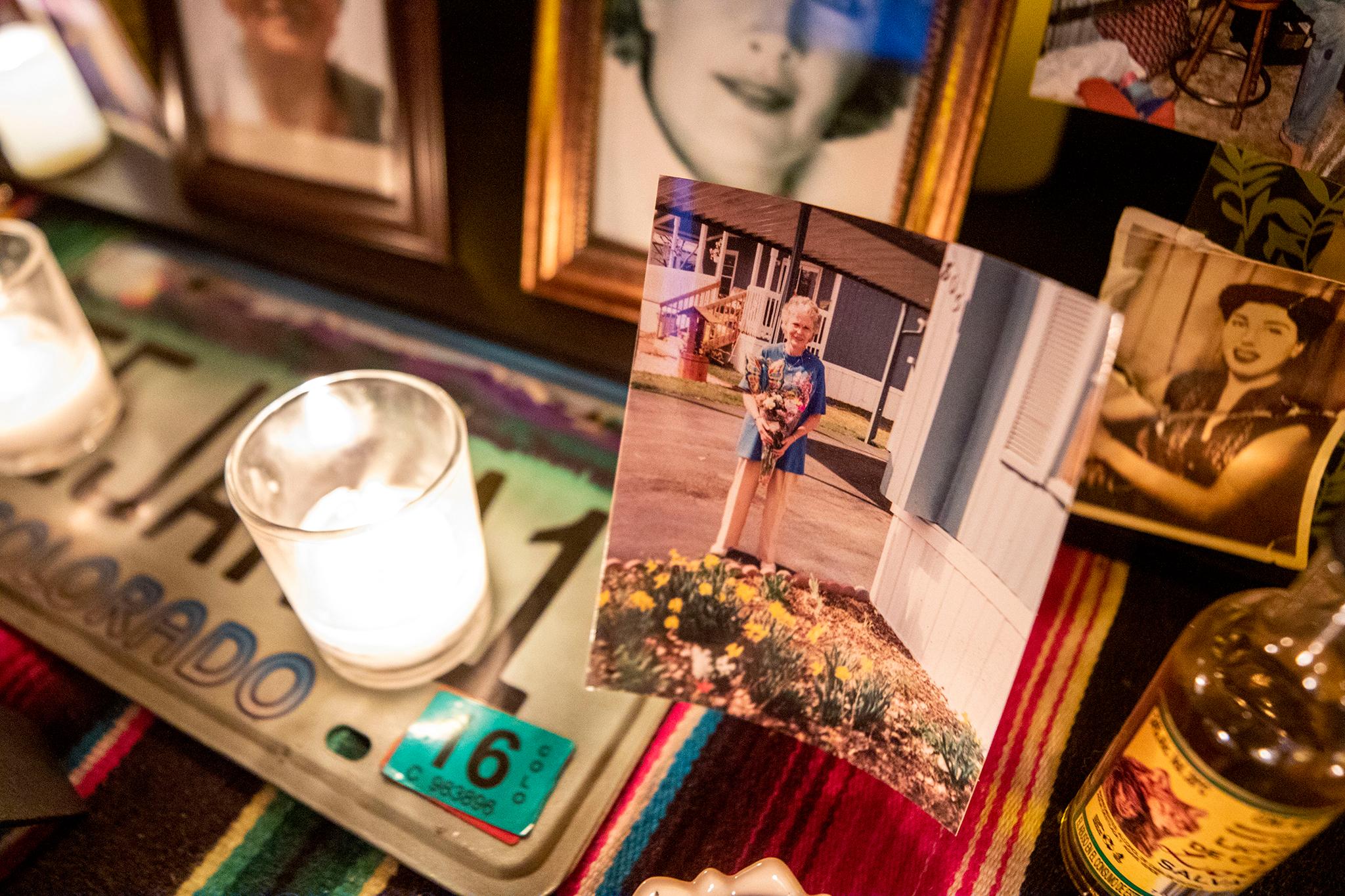
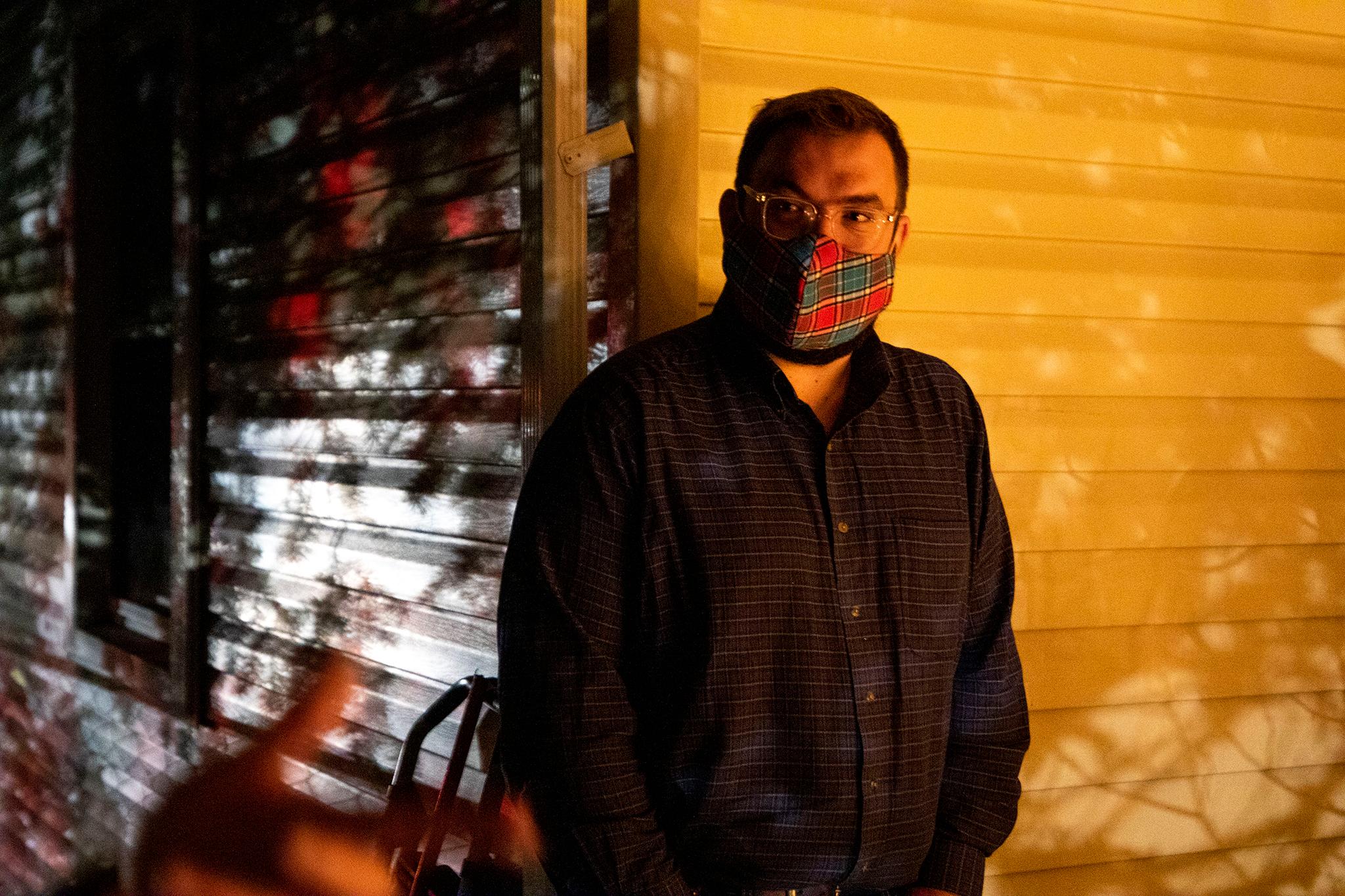
While she worked in retail for a few years in the '60s, she otherwise spent most of her time as a full-time mom. With six children, she had plenty to do at home.
She loved bluegrass music, Jorgenson said. He remembered how she filled her time with gardening and scrapbooking. She made massive volumes for each of her children, and him, that chronicled their lives with her own commentary written in the margins. She also had a lasting love of actor Tom Selleck, who made regular appearances inside her homemade family tomes.
She was diagnosed with melanoma in 2004 and died just months later. Jorgenson said she remained a bright, funny presence through her last days.
Mary Ellen Finn was born in 1959.
Cabazos' daughter grew up in her mother's house in Elyria Swansea, the eldest of five siblings. She was very close with Stephens' mother, so he spent a lot of time with her growing up.
After she married Cordova's brother, she became a staple at Cordova's home, especially on Easter Sunday. She was known for her pistachio salad pudding and steak tip stroganoff, which she regularly prepared for large family gatherings.
"The one thing I remember about my aunt is that she was strict with us as kids," Stephens said.
While he said she could be very sweet, and that she was his favorite aunt, Finn was also feared. Her long, bright-red nails were often used to pinch children who fell out of line. Once, he recalled, she even bit him.
"That was at the mall," he said. "I bit my older sister, made her cry, left a mark. So my aunt Mary bit me back."
Like her mother, Leonarda, Finn did not take any crap.
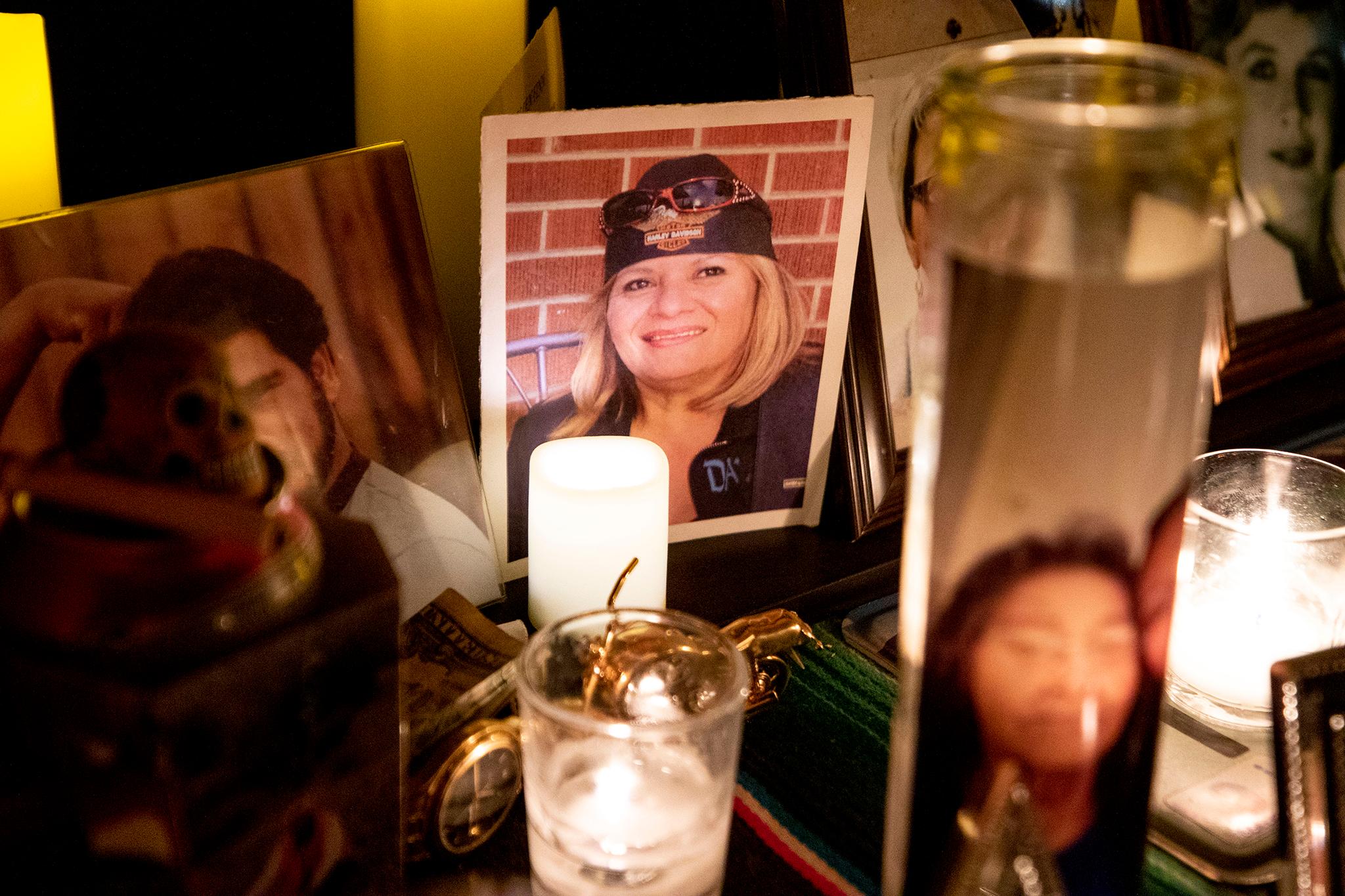
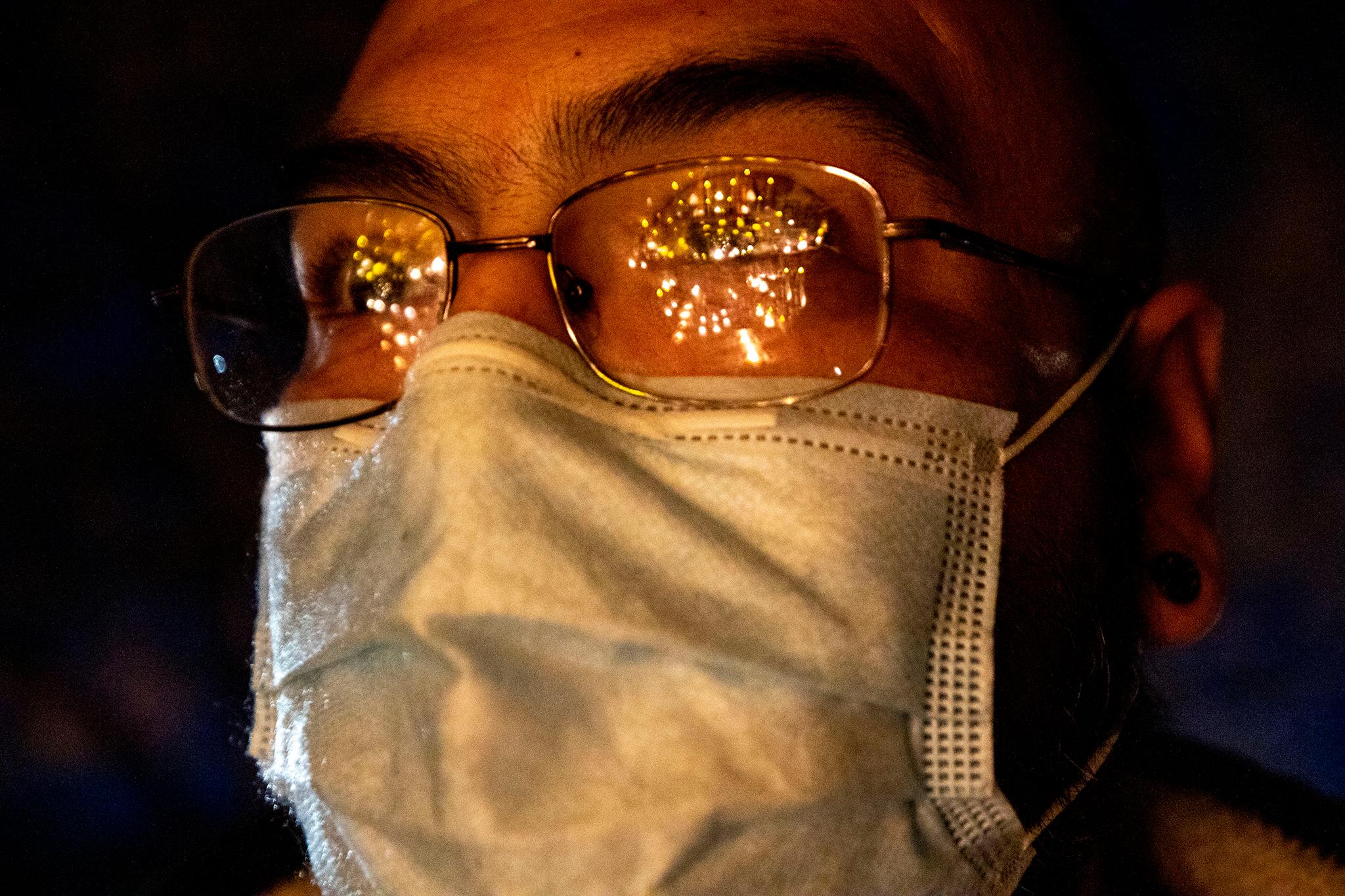
As an adult, she fell in love with motorcycles. Cordova's son, Matthew - Stephens' cousin by marriage - said she raved about the wind whipping through her hair.
"She was all about the bike. She loved it," he said. "I remember I would be at a family party, and she'd be like, 'Oh, fat Matt, you've got to get one! There's nothing like it, you feel so free!'"
She was on a Harley when she died. It was a beautiful Sunday, Cordova said, when Finn and her brother hit a deer in what resulted in a fatal accident. She was 51 years old.
Bill Stephens was born in 1959.
Paul remembered his father as the "neighborhood dad." He was the football coach for kids living in Elyria Swansea, where he raised his family. A handyman and electrician for most of his career, he was known as the guy to call if you needed something done.
It's one of the reasons Paul misses him so much. Like the bushes he struggled with earlier this year, he most feels his father's absence when he needs a hand.
Bill was a lifelong hunter and fisherman. He waited all year for his big annual trip into the woods, when he and a pack of men would camp for a week and, often, return home with fresh elk meat. He took his children fishing as often as he could.
He was also a die-hard Broncos fan.
"He bled blue and orange," Paul said.
He was usually glued to his TV set on Sundays as he hollered for his team.
"I would be down the street, playing at a friend's house, and I could hear my dad screaming from the living room," Paul said.
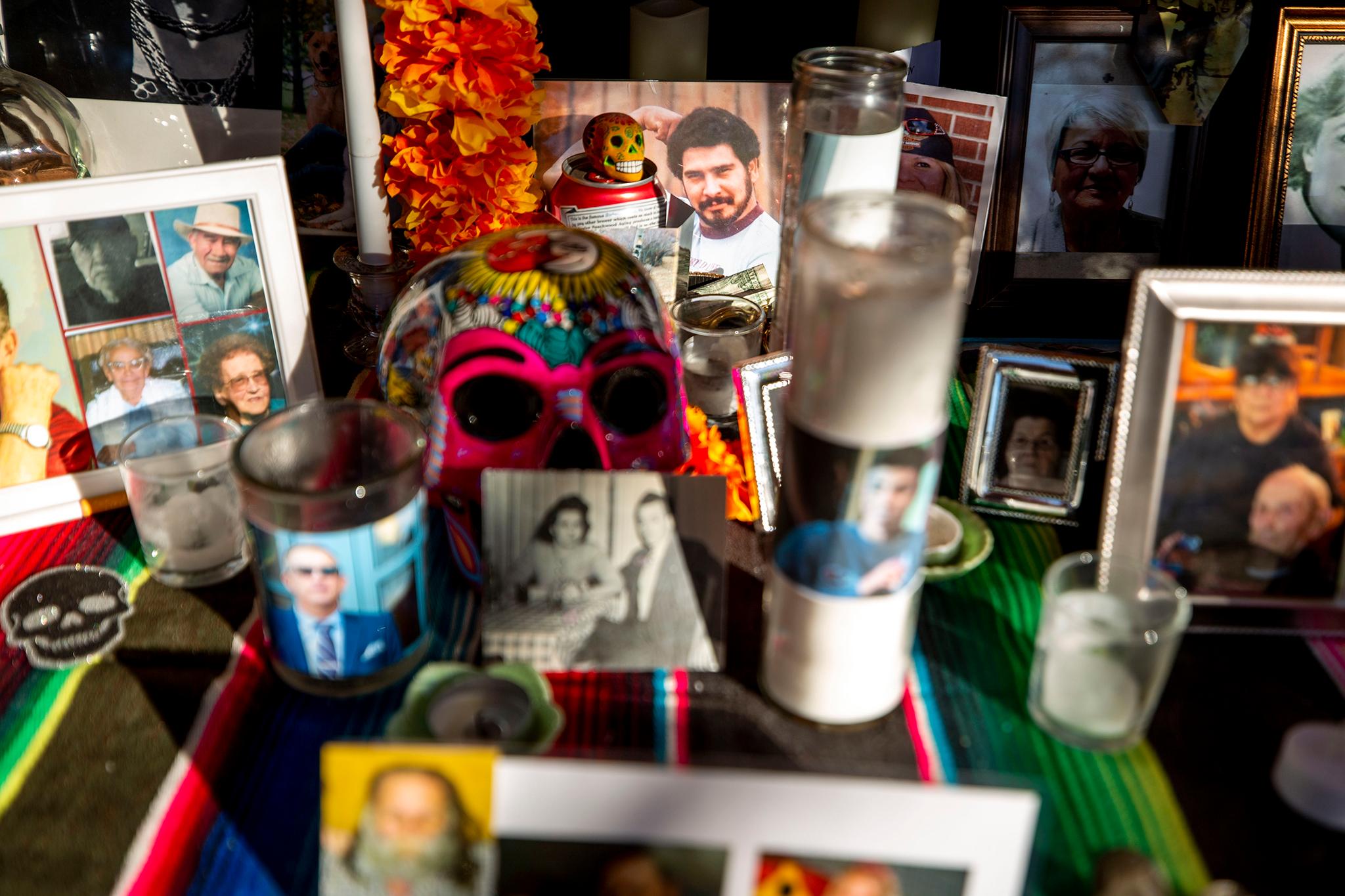
While Paul remembered Bill was always "front and center" for his school plays and sporting events, he said their relationship was difficult. Paul is gay, and he suspected that Bill was uncomfortable with that when he was younger. As a kid, he felt his father tried too hard to mold him into a person that he did not want to become.
"I didn't like him," Paul said. "We weren't on the same wavelength at all."
Bill had a stroke while he was driving his motorcycle in 2014. He died at Denver Health a week later. Paul hadn't spoken to him in almost two years, and they barely talked at all in the decade prior.
Paul had felt he and his father had a mutual problem with each other. But in the years since Bill's death, he began to feel like he was to blame for their broken connection.
"He wanted to be involved with me, and I put up this wall and I just shut him out," he said. "I learned a really hard lesson with my dad passing. I will never, ever hold a grudge."
Paul dreamt of his father over and over again after he died. In some dreams, he would see Bill speaking to him, but no sound came out of his mouth. He could hear his dad in others, but Paul couldn't see him. He would struggle to reach him, to no avail. Paul said his heart has weighed heavier with guilt as time has passed.
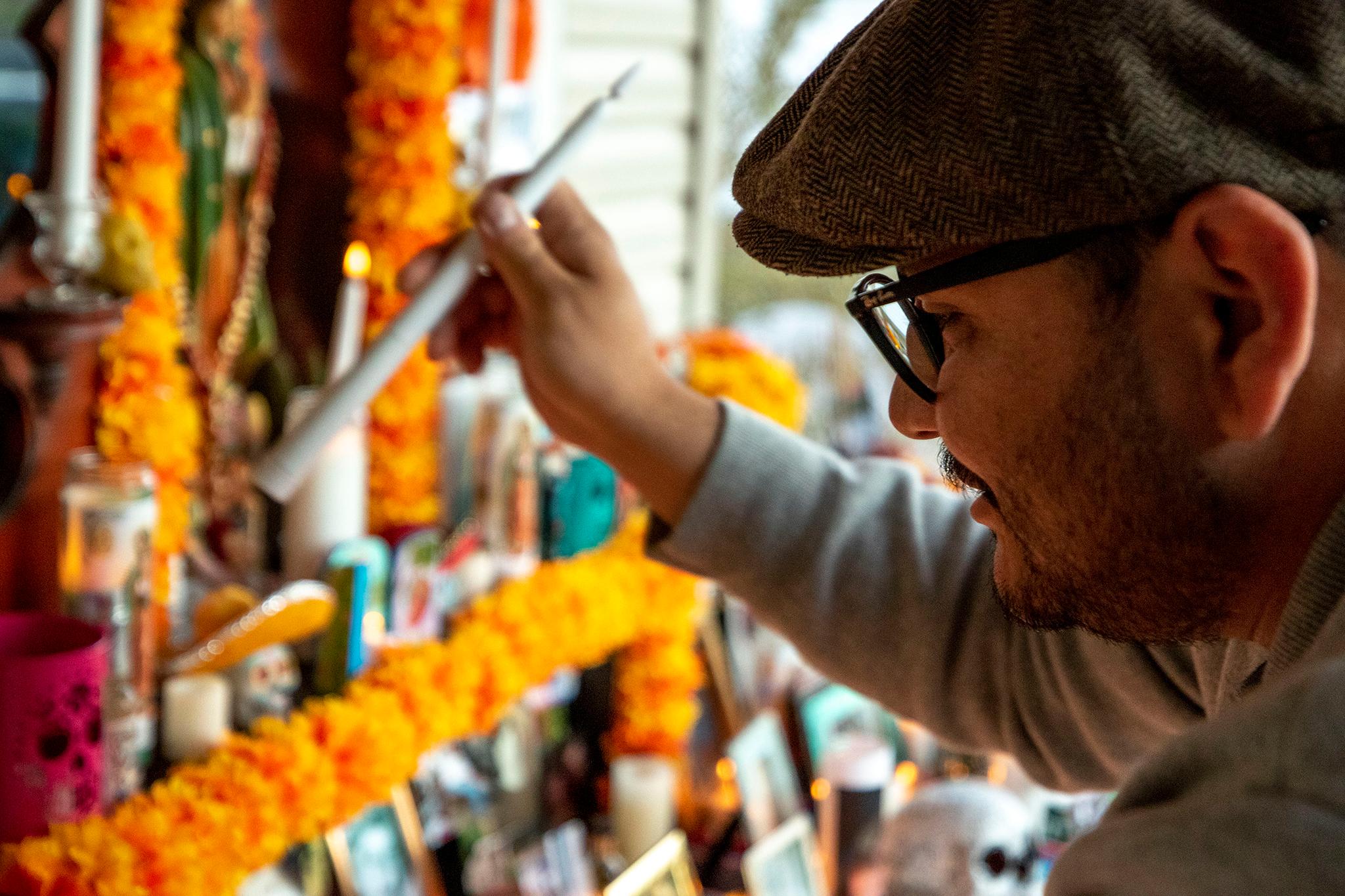
The altar has given him an outlet for all of this grief. It takes time to light each of those candles every night, now that it's full with photos of distant relatives and strangers. Carrying out the ritual of lighting the candles gives him an opportunity to reflect. As his thoughts drift to his father, the portrait of a young Bill grins back at him.
While Paul said he'd "do anything" to see Bill one more time, even for a few minutes, he's come to find peace with the loss. The lessons he learned in his mistakes have changed him.
"If he were still here, I would still be that person that was so guarded. So that's kind of the silver lining in my dad's death," Paul said. "I became a better person after he died because of how he was while he lived."
Correction: This story originally said Katherine Crawford never worked. After this was published, Christopher Jorgenson learned she spent a few years working at a J.C. Penney. We also removed a quote from Jorgenson that described a moment at the end of her life; after this story was published, he learned that memory was incorrect.
